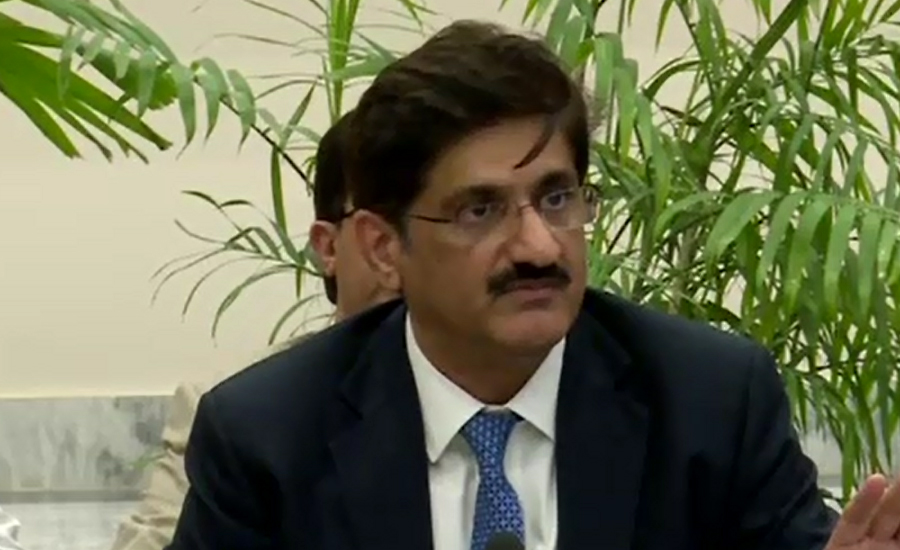Sindh Chief Minister Murad Ali Shah approved the `Sindh Rule of Law Roadmap’ on Monday. It is document about reformative work in the criminal justice system which has been made in collaboration with international agencies.
He directed the home department to establish its implementation unit and place it in the next cabinet meeting for approval.
The document was presented in a meeting held under the chairmanship of the chief minister and was attended by two delegations, a Mission from United Nations Office on Drugs and Crime (UNODC) and British High Commission. The UNODC delegation included Ms Jouhaida, retired IG Niaz Siddiki, Syed Waaqas Shah, Ghulam Ali, and the BHC delegates were Ms Susan Loughhead and Eram Zehra. The chief minister was assisted by Advocate-General Salman Talibuddin, IG Dr Kaleem Imam, Principal Secretary to the CM Sajid Jamal Abro, Home Secretary Kazi Kabir and others.
The rule of law road map is a vision document that describes how specific challenges related to the justice delivery system in Sindh need to be addressed in a collaborative fashion in the next five years. All the stakeholders, including the home department and criminal justice institutions of the province, have identified the priority area of reforms.
The chief minister said that the road map was designed to expedite system-wide implementation efforts aimed at increasing public confidence and trust in rule of law, as well as to ensure that the institutions of the criminal justice system in Sindh were strengthened to carry out their statutory tasks within the framework of their respective responsibilities and in mutual cooperation with each other.
Shah said that the whole idea was to meet citizens’ expectations through evidence-based policy actions across the rule of law sector. The road map was developed by a team of technical experts who carried out extensive research and analysis.
Provincial Home Secretary Kazi Kabir said as an inclusive framework, the roadmap includes detailed institutional assessment and strategic prioritisation based on discussion and consultation with police, prosecution, prisons, probation and reclamation, law, as well as the Sindh High Court.

No comments:
Post a Comment